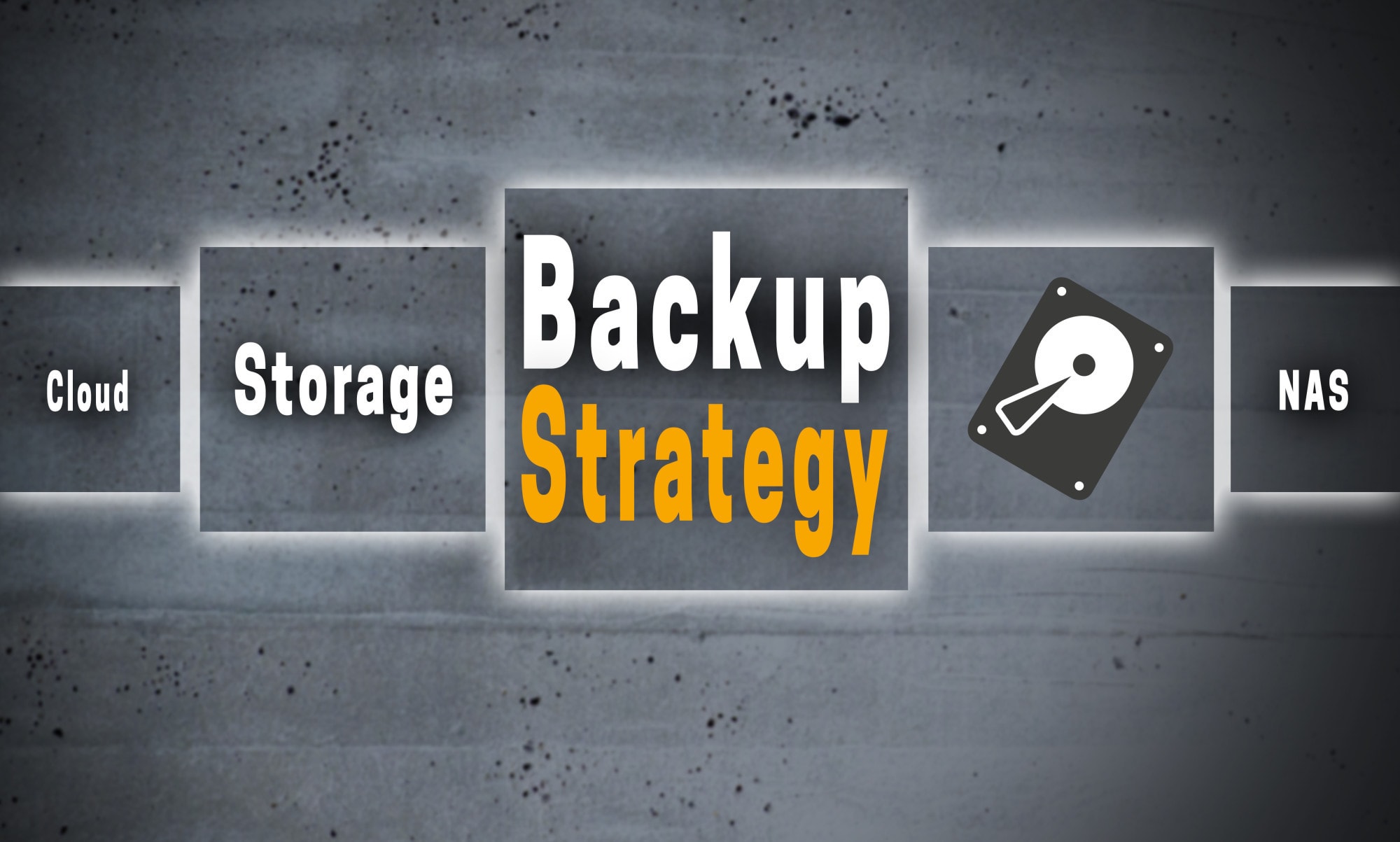Data collection and analysis have become one of the most critical parts of running a business. You need great data to make intelligent business choices. It’s so important that 66% of companies would shut down after experiencing data loss.
The problem is that accidents will happen that will cause you to lose your data unexpectedly.
Do you want to learn more about what a successful business data backup strategy entails? Keep reading to learn what a backup plan is and how you can build a strategy that works for your business.
What Is a Business Data Backup?
Data is critical for any company that wants to succeed in today’s connected world. You collect data about your customers, prospects, market trends, and everything else relevant to your business. In many cases, you’ll host a lot of your data yourself.
What happens if something happens that causes you to lose data? You can suffer from a ransomware attack that locks your files, accidentally delete something, or suffer from a storage failure. Without a plan, you’ll need to rebuild from scratch.
That’s where a data backup plan helps and why it’s one of the most critical network security practices you can implement.
Your data backup plan will involve finding a backup solution to store your critical business files. You’ll back up your data off-premise or in the cloud. If you ever suffer from data loss, you can turn to your backup to restore your missing files.
How Can Perform a Business Data Backup?
Luckily, you can do a few things to handle server backups and protect your information. Follow the steps below to create your first data backup.
Identify Critical Files
You may not want to back up every file you have. Some will be more important than others, so priority should go to critical business files.
You need to identify these files before you create your backups. These will be the files you back up often and have the most priority. You can still back up other files, but you don’t need to as often and can ignore unimportant information that would waste too much space.
Pick a Backup Solution
Once you find your critical files, you’re ready to pick a backup solution. You don’t want to back up in-house when doing this. You need your backups to go off-site to truly protect your files.
You can do this with off-site physical backups or cloud storage. Many companies focus on cloud backup solutions these days because it’s easy. You can use software to automate the process on a schedule and log into a backup portal to restore whatever you need.
Determine Your Backup Schedule
Your backups will take a long time if you constantly back up large amounts of data. That makes creating an efficient schedule critical to backing up your files properly.
Backing up your information daily is great for files that get changed often. For less critical information, weekly backups will work fine. Many backup products offer different scheduling features that allow you to schedule data to back up at different times.
Don’t Wait to Start Protecting Business Data
You can’t afford to overlook data protection when you rely on it to run your business. It only takes one small mistake to compromise your data, which means you’ll be out of luck without a way to restore critical information. Create a business data backup strategy to safeguard your company data as soon as possible.
Are you looking for help with creating and implementing a data backup solution? Contact us today to speak to a professional who can help.

